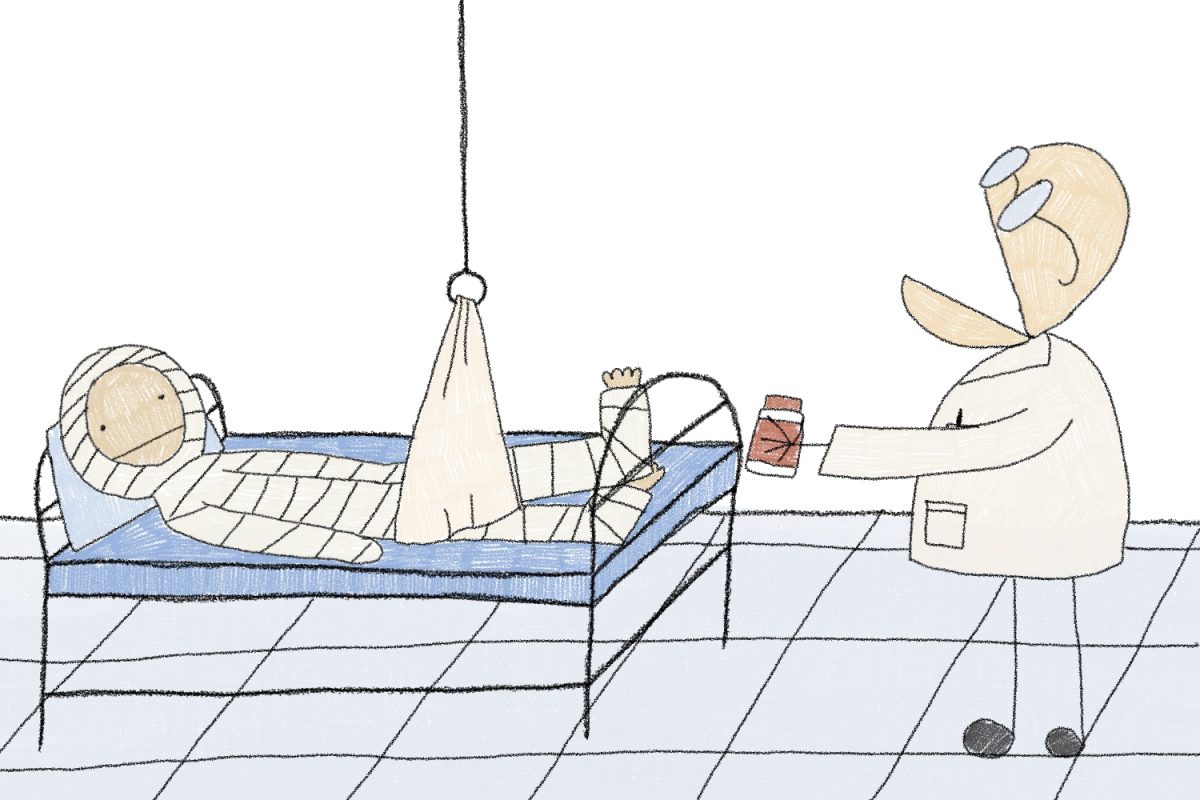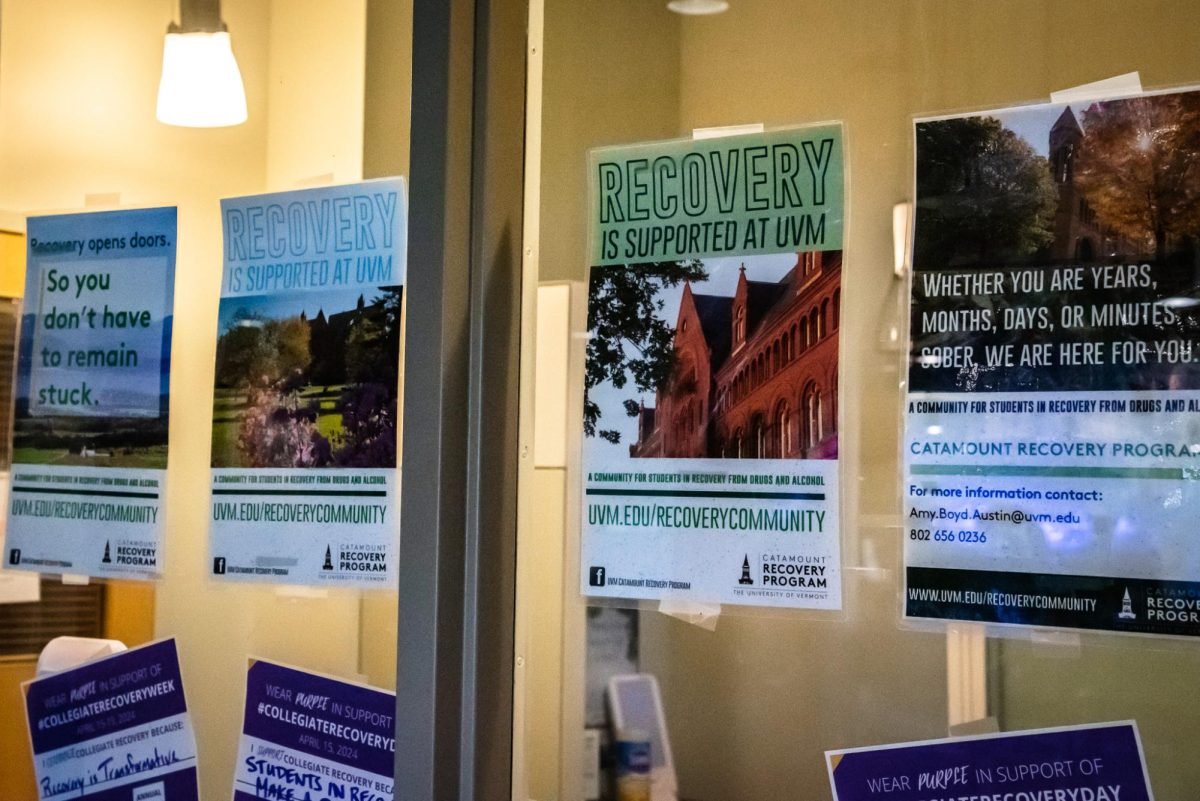This past January, Congressman Maxwell Frost (D-FL) introduced the EpiPen Act, which would cap the cost of epinephrine auto-injectors at $60 per two-pack.
Frost’s Jan. 11 Instagram post shares the stories of many Americans who have had to delay getting new EpiPens or stop purchasing them altogether due to cost, including himself.
The post highlights just a few Americans who have not refilled their EpiPens long after their expiration date and are quite literally surviving on antihistamines and luck.
The EpiPen Act, and similar legislation, addresses a long-time need in America—putting the lives of people above the dollars of Big Pharma.
Epinephrine is the only known treatment for anaphylaxis, a life-threatening allergic reaction, according to the Allergy and Asthma Network.
Currently, EpiPens can cost between $650 and $750 without insurance, or anywhere from $5 to $100 with insurance.
EpiPens expire after approximately 18 months, and lose their effectiveness soon after, according to a Nov. 9, 2023 GoodRx article.
On top of this, the risk of fatality following an allergic reaction significantly increases the longer epinephrine is delayed, according to the Allergy and Asthma Network.
This potentially deadly combination is the exact reason EpiPens need to be more accessible.
As someone with multiple food allergies, my allergist has told me many times, “If you don’t have your EpiPen, you don’t eat.”
I am privileged enough to have insurance that covers an auto-injector, but many do not have the same access. Over nine million Americans do not take their medication as prescribed due to the cost, according to a 2021 study conducted by the CDC.
The EpiPen Act is not the only bill working its way through legislatures in the U.S. Many states have taken on this issue as well, including Vermont.
Lisa Hango ‘84, Vermont State House representative, has been pushing to pass legislation similar to the EpiPen Act in Vermont.
“I learned from firsthand family experience that the price of Epi-pens had skyrocketed, and most people with third-party insurance had to pay full price for Epi-pens, which quickly becomes unsustainable,” stated Hango in an April 17 email to the Cynic.
Hango introduced Bill H.11 to the Vermont Legislature in 2023, which has since evolved into Bill S.65 in the Vermont State Senate, Hango stated in an April 15 email to the Cynic.
Both bills advocate for a cap on the price of Epinephrine auto-injectors.
The main difference between the two is that S.65 has some different exceptions for high-deductible insurance plans, according to Hango’s April 17 email. .However, Hango does not believe this legislation will pass this year, Hango stated in the April 15 email.
“We are targeting adjournment in three weeks, and there are many more bills of importance that the Health Care Committee is taking up. Sometimes if federal legislation is pending, then states will wait to see if the federal version passes first,” Hango stated.
The unlikely success of Vermont’s legislation makes passing the EpiPen Act at a federal level that much more crucial. One action that can be taken is contacting your representative to inform them of this issue.
If EpiPens were more affordable for Americans, we wouldn’t just be saving the lives of those with personal EpiPen prescriptions. EpiPen access would potentially be increased in ambulances, public schools and dining halls—places where they should already exist.
Most alarmingly, many ambulances do not stock epinephrine due to its cost, according to a Nov. 21, 2019 Allergic Living article.
For people experiencing a reaction for the first time who would not have a diagnosis or prescription yet, or those who do not have their EpiPen with them, ambulances having epinephrine would be crucial to save their lives.
Similarly, many children in school have to split their EpiPen 2-pack between home and the school nurse’s office, since many schools don’t allow students to carry their own medications.
Individuals with allergies should carry two auto-injectors on them at all times, according to EpiPen.
This is one of the most important reasons why legislation is needed, Hango stated. Public schools being able to afford epinephrine as a precautionary measure for students, or students being able to afford multiple EpiPen packs, would eliminate this life-threatening problem.
Capping the cost of EpiPens would solve a life-sized problem for the millions of Americans with anaphylactic allergies. Eating safely should not be a luxury for only the one percent.



















![Can’t buy me [self] love](https://vtcynic.com/wp-content/uploads/2024/04/self-care-FINAL-1200x796.jpg)







